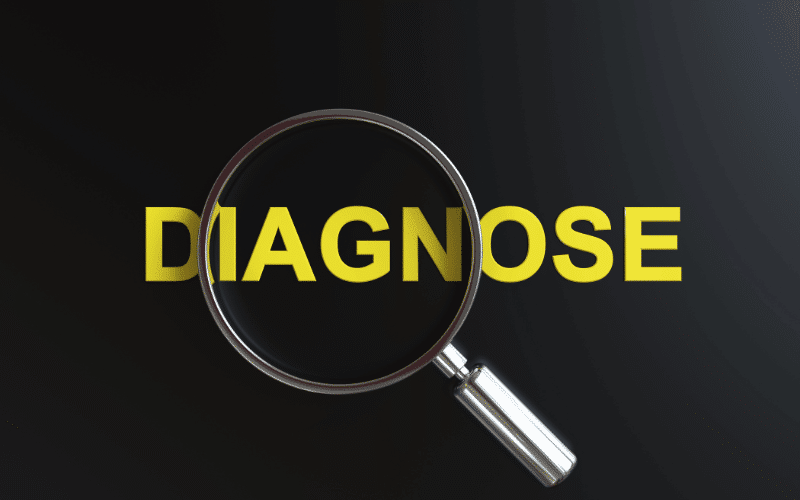15. Examining the Exclusions: What TGA is Not

The final point to note about Transient Global Amnesia is that it is a diagnosis of exclusion. This means that the diagnosis is made by ruling out other potential causes of sudden memory loss rather than through a specific test or marker.
A TGA diagnosis typically comes after medical professionals have eliminated other possible explanations for the sudden onset of amnesia. These may include various forms of epilepsy, stroke, brain tumors, or drug use. Once these possibilities are ruled out, and the patient’s symptoms fit the criteria, a diagnosis of TGA may be given.
The process of elimination is standard in medical practice, particularly for conditions like TGA, where there is no definitive test. However, it underscores the mysterious nature of the condition. Despite medical advances, TGA remains a puzzle, diagnosed more by what it is not than by what it is.
The strategy of exclusion, while necessary, can be frustrating for patients eager for answers. Yet, it also emphasizes the meticulous approach necessary in medical diagnostics, ensuring that nothing is overlooked.
While TGA is a diagnosis of exclusion, it is a valid and recognized medical condition. Even as researchers continue to search for more definitive diagnostic tools and deeper understanding, current practices ensure that those experiencing TGA receive an accurate diagnosis and appropriate care. (15)